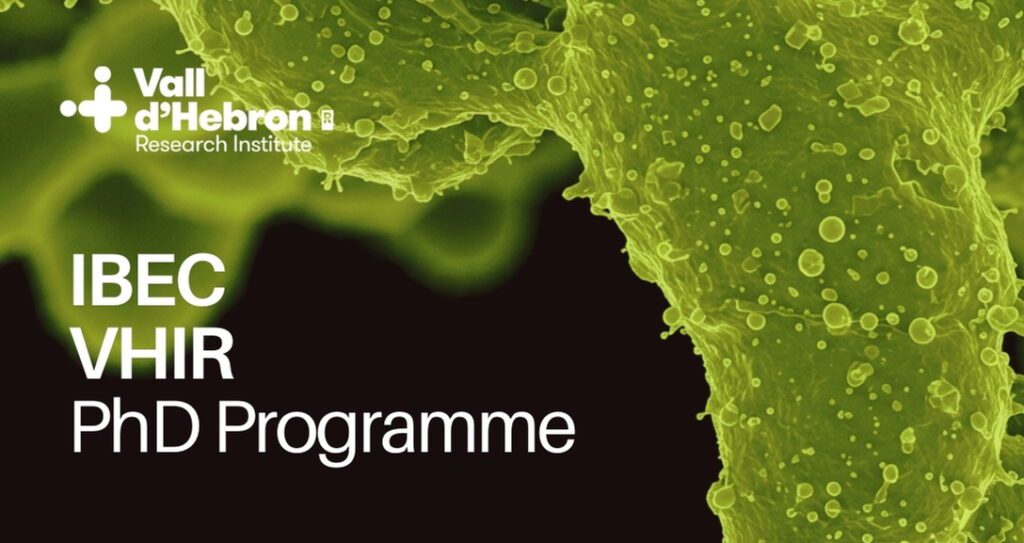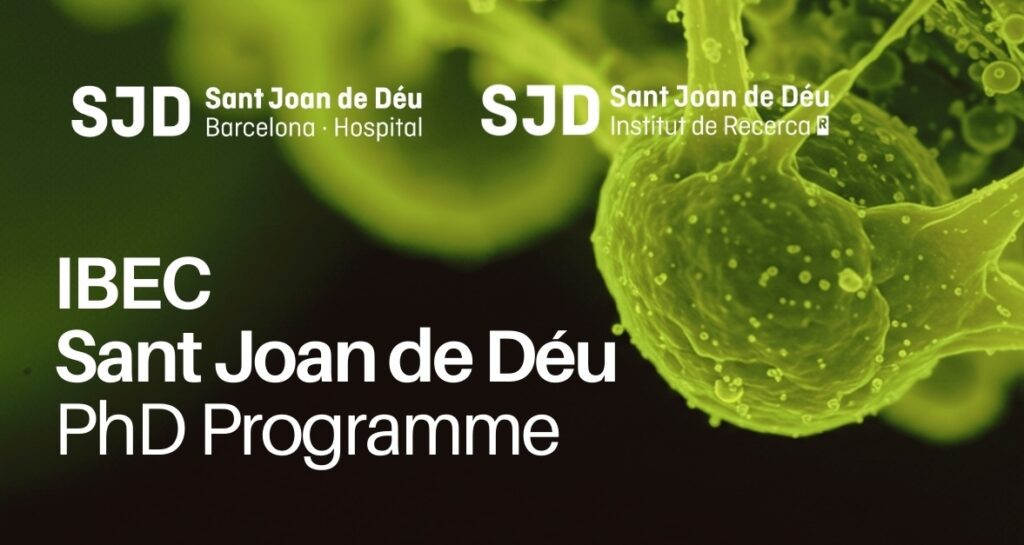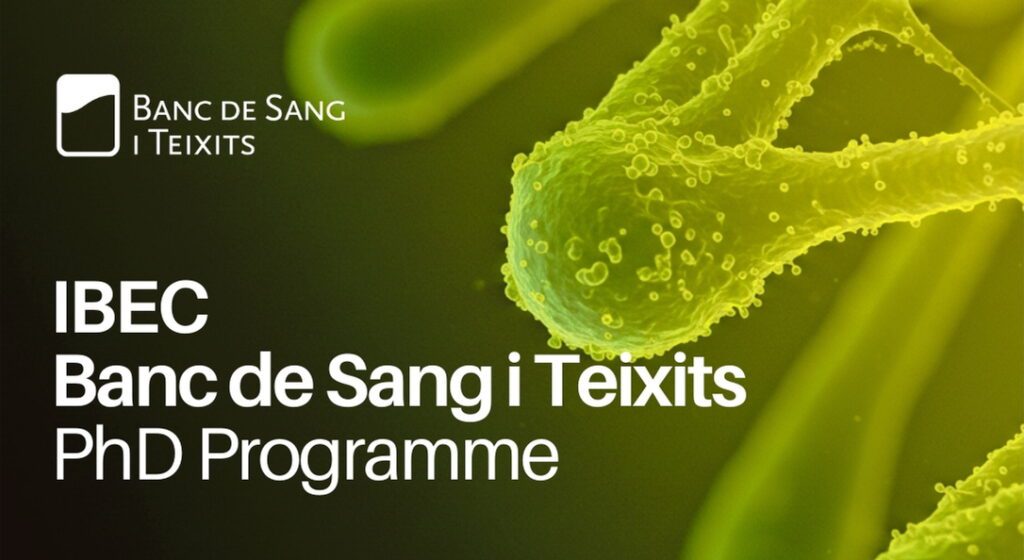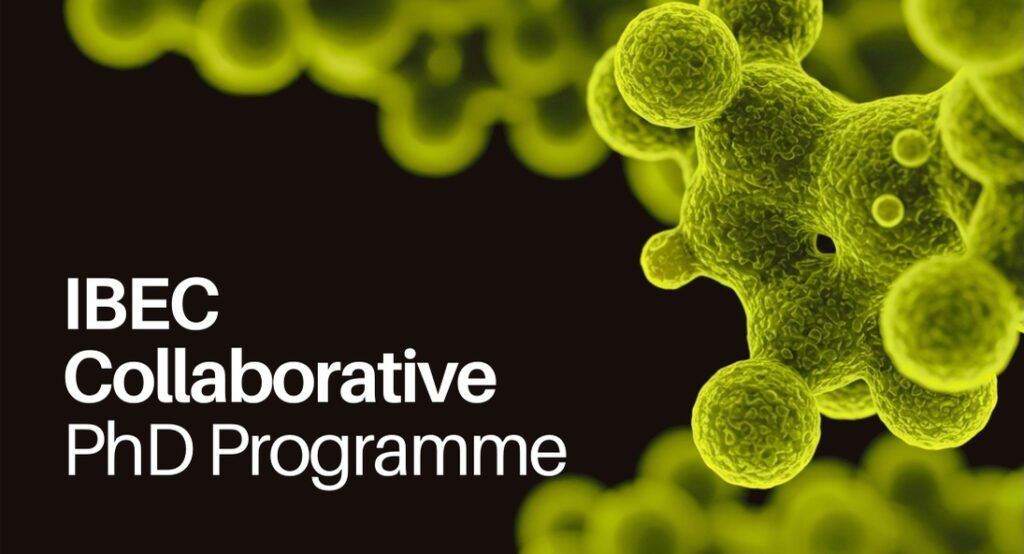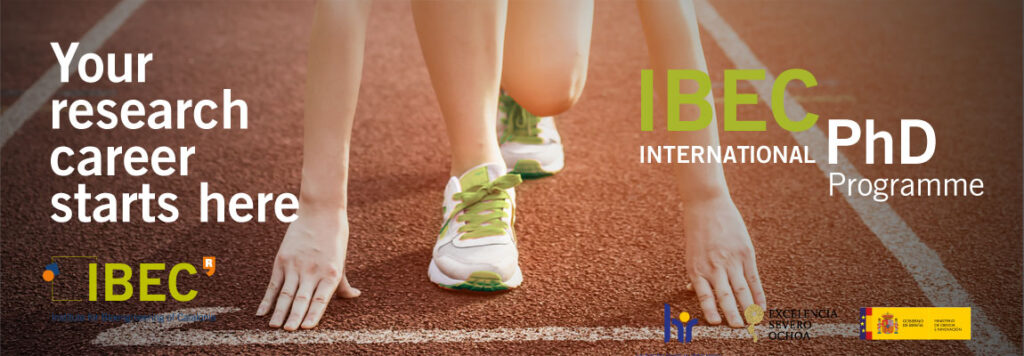
The Institute for Bioengineering of Catalonia (IBEC) is one of the top research institutions named as a Severo Ochoa Research Centre by Ministry of Science and Innovation, which recognizes excellence at the highest international level in terms of research, training, human resources, outreach and technology transfer.
IBEC was established in 2005 by the Ministries of Innovation, Universities and Enterprises and Health of the Generalitat de Catalunya (Autonomous Government of Catalonia), the University of Barcelona (UB) and the Technical University of Catalonia (UPC). Today, IBEC’s relationship with the UB and UPC researchers continues to operate under a framework agreement signed in 2008.
With the aim to train the next generation of experts in bioengineering, IBEC offers in this call 12 fellowships funded by the Severo Ochoa (CEX2023- 001282-S funded by MICIU/AEI /10.13039/501100011033) and the partner institutes.
With the aim of fostering translational and international collaboration with top research institutions and hospitals, the 12 fellowships will be divided into 4 sub-calls:
IBEC-BST PhD Programme
- 2 PhD fellowships are offered in collaboration with Banc de Sang i Teixits Institut de Recerca (BST) for projects co-supervised by group leaders from IBEC and from BST. Selected fellow will spend with around 50% time of the fellowship at BST.
IBEC-Sant Joan de Déu PhD Programme
- 4 PhD fellowships are offered in collaboration with Sant Joan de Déu Institut de Recerca (FSJD) for projects co-supervised by group leaders from IBEC and from FSJD. Selected fellow will spend with around 50% time of the fellowship at FSJD.
IBEC-VHIR PhD Programme
- 2 PhD fellowships are offered in collaboration with Vall d’Hebron Institut de Recerca (VHIR) for projects co-supervised by group leaders from IBEC and from VHIR. Selected fellow will spend with around 50% time of the fellowship at VHIR.
IBEC Collaborative PhD Programme
- 2 PhD fellowships are offered in collaboration with Institute for Complex Molecular Systems (ICMS) for projects co-supervised by group leaders from IBEC and from ICMS. Selected fellows will spend around 1 year of the fellowship at ICMS.
- 2 PhD fellowships are offered for collaborative projects with several prestigious research institutions.
Each candidate can apply for as many positions as they wish. You can check the guide to apply for more than one position.
